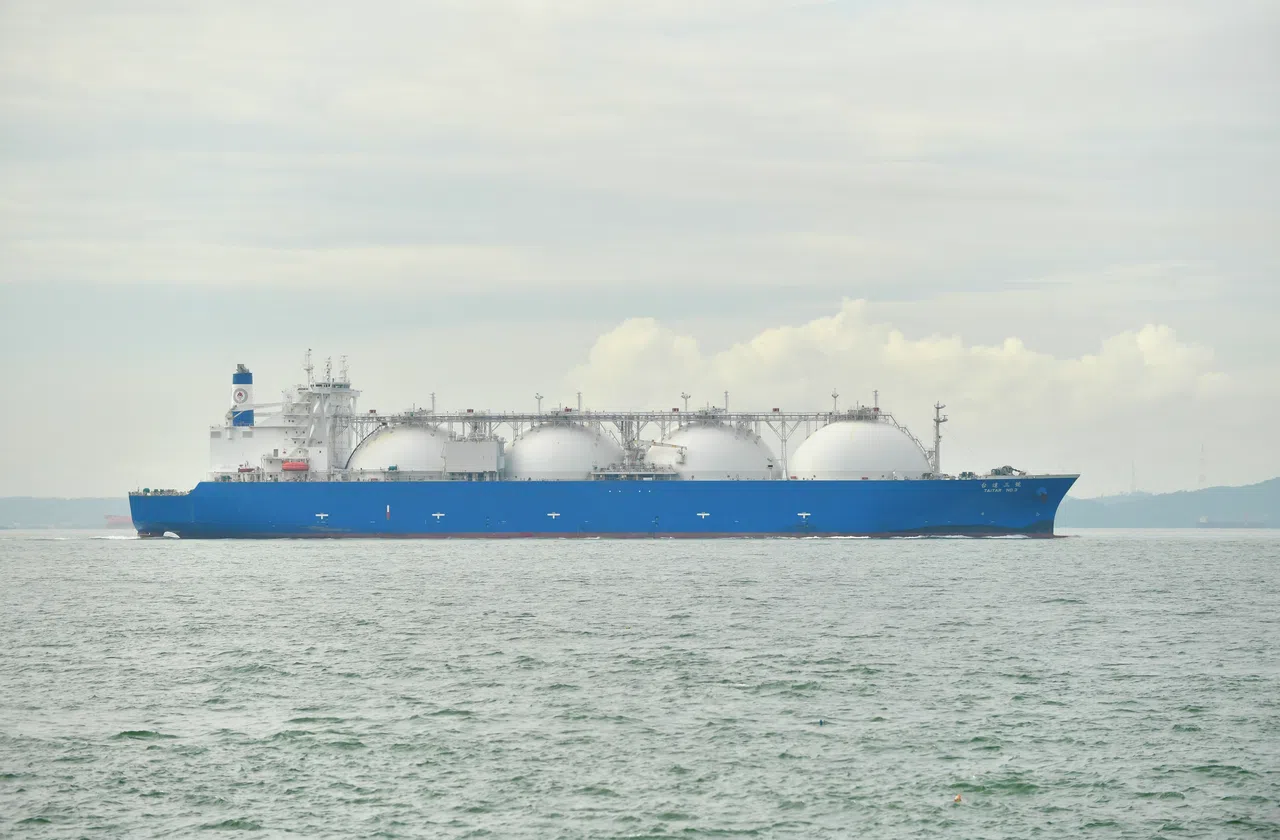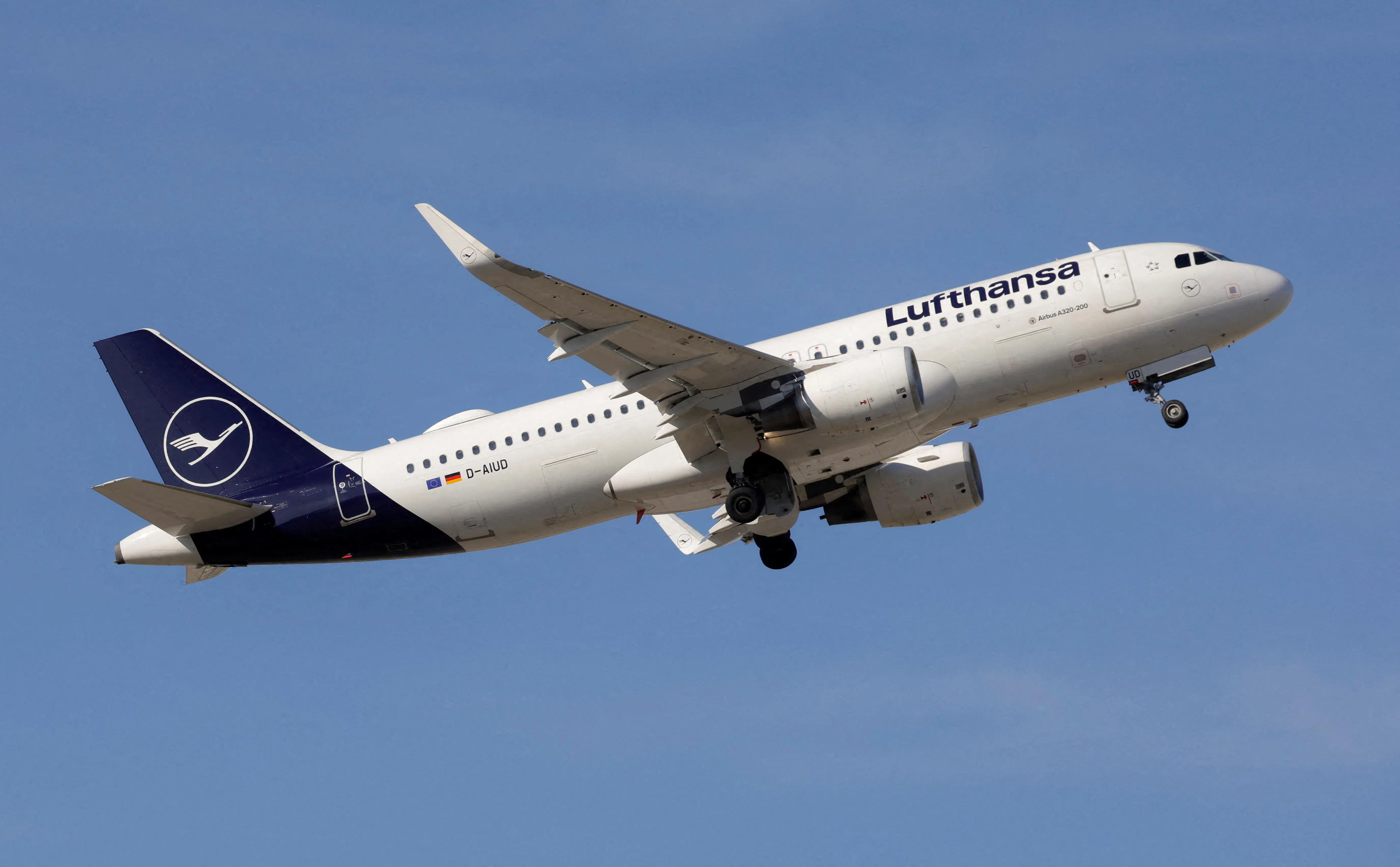[ad_1]
Capesize
The Capesize market experienced a mixed week, beginning with positive sentiment but gradually facing increasing pressure. It was a slow start, although optimism remained as the BCI 5TC rose by $400 to $28,232, driven by limited but stronger Pacific fixtures.
However, cargo volume and market momentum began to wane, particularly in the Pacific, leading to a decline in both the C5 and C3 markets. This softening trend persisted through midweek, although Wednesday showed a slight recovery with an increase in Pacific volumes and a modest rise in the BCI 5TC to $27,986.
Towards the end of the week, market sentiment deteriorated further, with dwindling supply of September cargoes from West Australia to China adding increased pressure on rates. Despite some coal cargo support, both the C5 and C3 markets fell, culminating in a $2,612 drop on the week on the BCI 5TC which settled today at $25,620.
Panamax
A week for the optimists in the Panamax sector with steady rises throughout the Atlantic and Asian markets, although we seemed to have reach a period of consolidation as the week ended.
From the Atlantic basin, we saw decent levels of both grain and mineral demand versus a limited tonnage list, creating the perfect storm for owners, reports of low $10,000s achieved for a trans-Atlantic trip via US Gulf delivery this side. South America focus concentrated on end September/early October arrival with several deals concluded at mixed rates.
Asia’s support was mostly NoPac centric, ably bolstered by solid mineral demand ex Australia and Indonesia enabling rates to climb from the doldrums of recent weeks, rates with options via NoPac and Australia concluded a couple of times at $14,750.
BT in your inbox

Start and end each day with the latest news stories and analyses delivered straight to your inbox.
A host of period deals concluded both fixed and index linked, $15,500 achieved on an 82,000-dwt delivery Korea basis 5/7 months trading.
Ultramax/Supramax
A rather varied week for the sector. The Atlantic could be described as patchy, whilst the US Gulf gained momentum with a stronger cargo flow, the South Atlantic lacked fresh impetus and downward pressure remained.
The Continent-Mediterranean also saw limited fresh enquiry although some said there was still a reasonable amount of scrap moving. This was not sufficient for the market to gain much traction from an owners’ perspective.
In the US Gulf, 63,000-dwts where fixing in the low – midish $20,000s for trans-Atlantic runs. From the South Atlantic ultramaxs where fixing in the mid-teens plus mid $500,000s ballast bonus.
The Asian arena remained a slightly more positive affair, although with widespread holidays in the upcoming week, it remains to be seen if this momentum will continue. A 63,000-dwt open Koh Sichang fixing a trip via Indonesia redelivery WC India at $15,000. Further north, a 56,000-dwt fixed delivery North China for a trip to the Red Sea in the mid $16,000s.
Handysize
The Handysize market saw minimal visible activity across both basins this week.
In the Continent and Mediterranean, the market fundamentals remained unchanged with sentiment appearing positional. Towards the weekend, the US Gulf showed some signs of improvement with some fixing activity recorded across various vessel sizes, and prompt tonnages began to clear slightly.
A 39,000 DWT vessel was reported fixed from Panama City to the UK-Continent with wood pellets at $16,000.
However, the South Atlantic market remained soft with only a few positional fixtures and limited positive indicators. In the Pacific market, rates were stable, and there was a sense of underlying support.
Clean
LR2
MEG LR2s made gains this week, with the rate for TC1 (75Kt MEG/Japan) recovering 4 points to WS126.11 (about $24,500 per day round-trip TCE) while the rate for 90kt MEG/UK-Continent (TC20) climbed over $264,500 to $4,280,000.
In the West of Suez region, the Mediterranean/East LR2s (TC15) was a little more subtle, only climbing $13,000 to $2,866,667.
LR1
In the MEG, LR1s going East had similar energy with the 55kt MEG/Japan index of TC5 rising 9 points to WS149.06 (A TCE of a little over $20,000 per day round trip) while the 65kt MEG/UK-Continent of TC8 climbed almost $157,000 to $3,685,500 (or 56.70 $/mt).
On the UK-Continent, a 60Kt ARA/West Africa run on TC16 fell another 2 points to WS116.94.
MR
A mixed bag of rates in the MR sector this week. The TC17 35kt MEG/East Africa recovered 20 points to WS215 (showing a daily TCE of $20,393 round trip).
On the UK-Continent MRs the 37kt ARA/US-Atlantic coast of TC2 regained some of the recent lost ground, closing 15 points higher on Thursday than a week ago at WS135.31 (which gives a Baltic round trip TCE of $12,907 per day), and the TC19 run (37kt ARA/West Africa) gained 16 points to WS155.63.
Across the Atlantic, the TC14 (38kt US-Gulf/UK-Continent) route was further weakened, losing 13 points to WS134.64 (a TCE of $13,564 per day basis a round).
The 38kt US Gulf/Brazil on TC18 closed 12.5 points lower on Thursday than a week ago at WS185 (showing a daily round trip TCE of $22,328) and the 38kt US-Gulf/Caribbean of TC21 closed a little over $37,800 lower at $587,143 (a daily TCE round trip of $16,201).
Handymax
In the Mediterranean, 30kt Cross Mediterranean (TC6) stopped falling and started climbing, rising 6 points week-on-week to WS120 (a TCE showing a little over $5,000 per day round trip).
In Northwest Europe, the TC23 30kt Cross UK-Continent gained 14 points to WS169.72 ($17,834 per day round trip TCE).
VLCC
The VLCC market continued to firm this week, with gains made in all sectors – however, certainly in the Atlantic, the market seems to have peaked (vessel availability being key here). The 270,000 mt Middle East Gulf to China trip climbed 4.5 points week-on-week to WS54.15 which gives a daily round-trip TCE of $32,754 basis the Baltic Exchange’s vessel description.
In the Atlantic market, the rate for 260,000 mt West Africa/China rose 4 points to WS57.89 (corresponding to a round voyage TCE of $37,077 per day), whilst the rate for 270,000 mt US Gulf/China climbed $330,000 to $7,525,000 ($35,490 per day round trip TCE).
This is the arena that could well force rates down elsewhere, as it is reported that there are more than a dozen ships available in workable positions within the fixing window.
Suezmax
Suezmax owners in all regions have stemmed the tide of the falling market. In West Africa, the 130,000 mt Nigeria/UK Continent voyage eased 1 point to WS78.47 (a daily round-trip TCE of $27,181 which is actually over $500 per day more than a week ago).
The TD27 route (Guyana to UK Continent basis 130,000mt) was assessed on Thursday at WS77.56 down 2 points for the week which translates into a daily round trip TCE of $26,300 basis discharge in Rotterdam, $300 per day better week-on-week.
In the Mediterranean and Black Sea region, the rate for 135,000 mt CPC/Med held at around the WS79-80 level (showing a daily TCE of about $19,000 round-trip, an increase of a little over $1,000 per day). In the Middle East, the rate for 140,000 mt Middle East Gulf to the Mediterranean (via the Suez Canal) was static at the WS94 mark.
Aframax
In the North Sea, the rate for the 80,000mt Cross-UK Continent was 1.5 points softer, settling at WS115 (translating to a daily round-trip TCE of $22,072 basis Hound Point to Wilhelmshaven).
In the Mediterranean market, the rate for 80,000mt Cross-Mediterranean had recovered by 20 points on Thursday to WS120 (basis Ceyhan to Lavera, that shows a daily round trip TCE of $25,982).
Across the Atlantic, the market has softened a little further with the 70,000mt East Coast Mexico/US Gulf (TD26) route and the 70,000mt Covenas/US Gulf (TD9) route each losing 2.5 points to around the WS97.5 level (a round-trip TCE of a little over $12,000 per day for either voyage). The rate for the trans-Atlantic route of 70,000mt US Gulf/UK Continent (TD25) shed 5 points to WS117.78 (a round trip TCE basis Houston/Rotterdam of $22,963 per day).
LNG
The weather in London may have become wintrier and forecasts of more cold spells to come have done little to the expected LNG market seasonal rise. Rates are flat/soft with very few fixtures being reported, though some cargoes are working more modern tonnage leaving older ships languishing.
Rates have moved little, indeed the BLNG1 Aus-Japan on the 174cbm 2-stroke closed unchanged at $73,000 while the 160-cbm TFDE vessel lost $1000 down to $57,800.
BLNG2 Houston-Cont saw negative drops on both the 174cbm 2-strokes and 160cbm TFDE indexes where they finished down 3.67% and 1.55% respectively at $56,721 and $45,200. BLNG3 Houston-Japan was flat as Intra Basin activity remains muted. The 174cbm 2-stroke index lost $2400 to a close of $76,100 while the 160cbm TFDE index finished up $481 at $62,981.
On the Baltic Period prints, all three terms fell with 6-months shorter periods feeling the squeeze losing 10.8% down $8900 at $82,400 while 1-year fell by $275 to $72,975 and though the 3-year period was more stable losing only 0.87% it fell to $80,900.
LPG
With an increasing tonnage list and little reported open interest with cargoes, there is not much to report back on the VLGC market. BLPG1 Ras Tanura-Chiba lost $7.583 a fall of 14.68% closing at $51.667. The TCE Earnings took a hit as well losing over 21% down $6734 at $31,605.
Across the Atlantic there was not much more to say, although rates suffered less, and we did see a few cargoes fixed on ships rates took a battering. BLPG2 Houston-Flushing lost 11.04% down $6.375 and with a close of $57.75 has been approaching the lows of the height of summer again. BLPG3 Houston-Chiba lost $10.167 a drop of 9.79% and a close of $103.833, TCE earnings were down 16.22% at $38,755.
This report is produced by the Baltic Exchange. (All currencies are in US dollars.)
The Baltic Exchange, a wholly-owned subsidiary of Singapore Exchange, is the world’s only independent source of maritime market information for the trading and settlement of physical and derivative contracts. Its international community of over 650 members encompasses the majority of world shipping interests and commits to a code of business conduct overseen by the Baltic.
For daily freight market reports and assessments, please visit www.balticexchange.com.
The report is also available online at bt.sg/baltic.
[ad_2]
Source link







